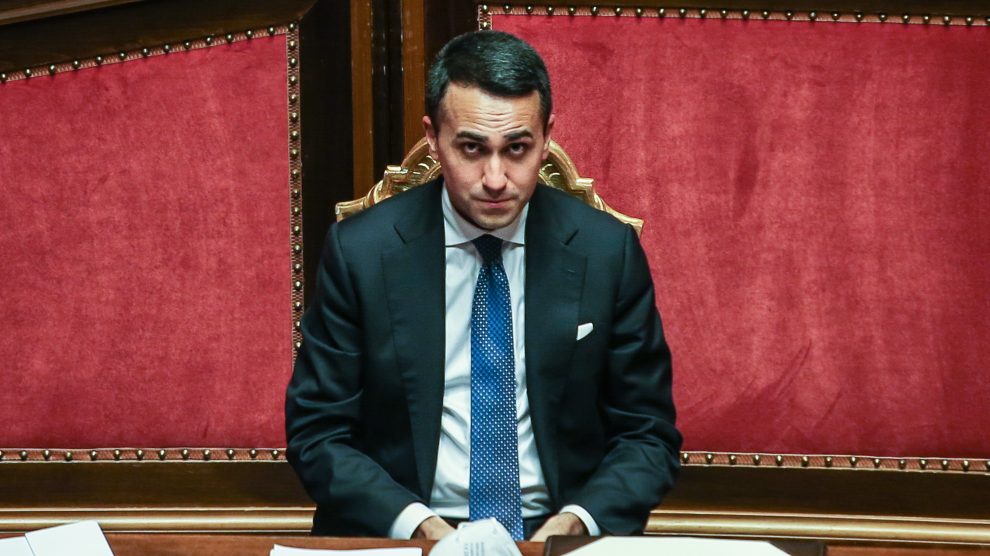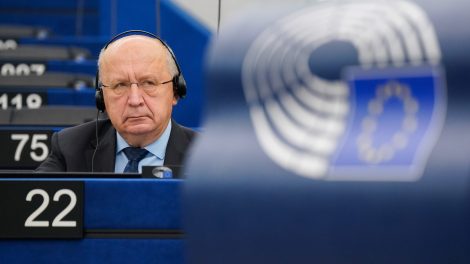On Wednesday, the Russian Foreign Ministry issued an acerbic statement against Italian Foreign Minister Luigi Di Maio, after he again condemned the Russian invasion of Ukraine’s Donbass region and announced the suspension of bilateral diplomatic meetings, alongside with France and the United States.
That sent Russian diplomacy and its communications group into a rage. “Diplomacy was invented to resolve conflict situations and alleviate tensions, not for empty trips around countries and tasting exotic dishes at gala receptions,” said the Russian foreign ministry.
The Italian Foreign Ministry later issued a response reasserting its commitment to preventing war through diplomatic solutions and stating that it would not respond to Russian provocations.
A few days ago, Prime Minister Mario Draghi revealed that the meeting between Mr Putin and himself had been requested by the Kremlin. On Wednesday, however, that was deemed inappropriate in light of Russia’s military manoeuvres in Ukraine, and the PM cancelled his upcoming visit to Moscow.
“Western partners must learn to use diplomacy in a professional manner,” reads the Russian Foreign Ministry’s statement, which was quoted by government agencies Interfax and Tass. Such a direct attack on an Italian minister by the Russian Foreign Ministry is unprecedented.
Mr Di Maio had taken a clear position on the Ukrainian crisis from the get-go, issuing a harsh condemnation on Monday evening after President Putin recognised the independence of the self-proclaimed republics of Donetsk and Luhansk and greenlit the entrance of Russian troops.
Most likely, the Kremlin did not appreciate the FM’s words on Wednesday, when he reiterated the Italian government’s willingness to work with the EU and the United States on further “firm and effective sanctions” if necessary.
Russian diplomacy is no stranger to episodes such as this, which have grown increasingly common since spokeswoman Maria Zakharova took the reins. She recently attacked Maurizio Molinari, editor of Italy’s second largest daily, La Repubblica, calling his op-ed “an absurdity” and inviting him to use copies of his newspaper to “heat his house.”





